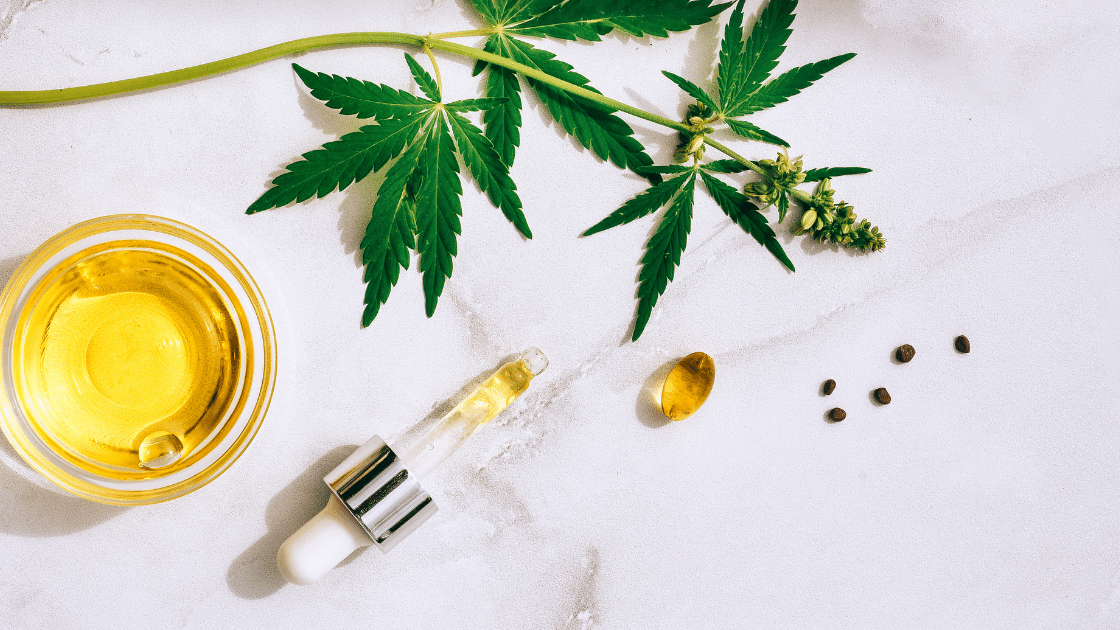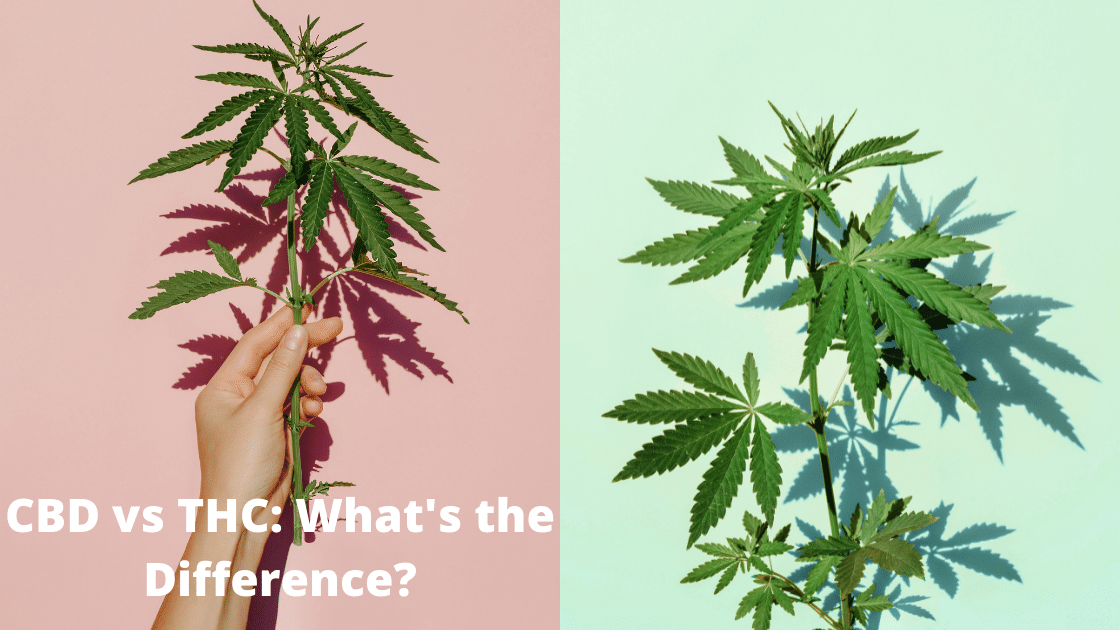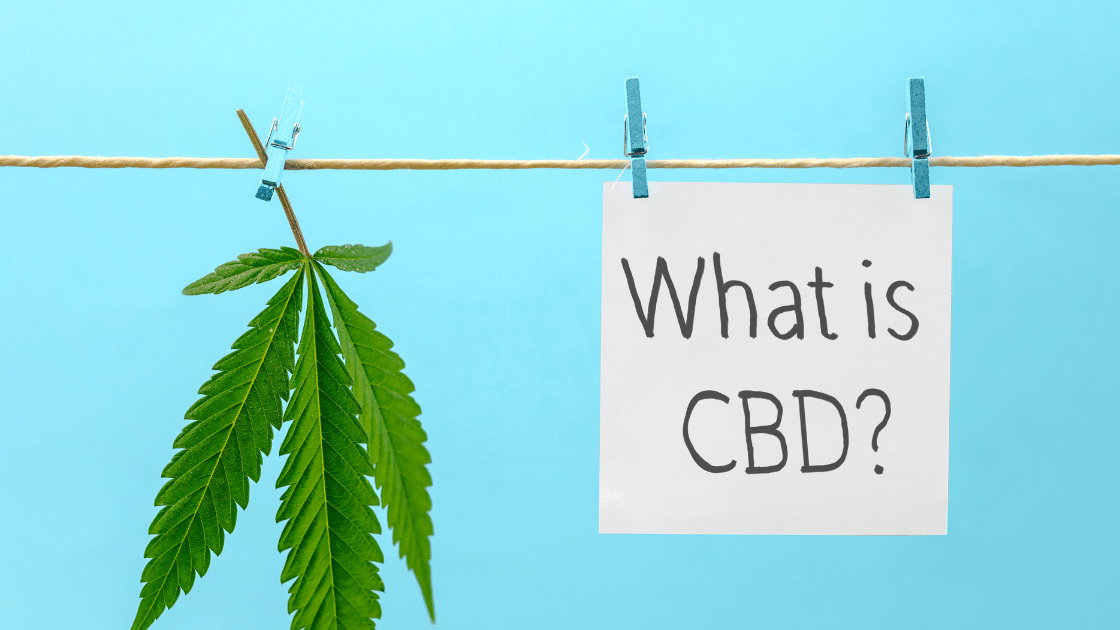Cannabidiol, most commonly known by its acronym CBD, is one of the two most researched cannabinoids found in hemp and marijuana plants. It has become even more well-known in recent years due to the passing of the 2018 Farm Bill that led to the federal US legalization of CBD products that contain less than 0.3% THC.
Many who are new to the cannabis world wonder whether this cannabinoid produces intoxicating effects in the same way as its counterpart THC. The short answer is no, consuming CBD won’t get you high. Let’s explore this further by comparing the effects that CBD and THC have on consumers, so if you want to find out more information on whether CBD can get you high, keep on reading.
The Effects of CBD and THC
Before we dive further into the subject of whether CBD can get you high, we first need to give you an overview of the effects that the two main cannabinoids present in the cannabis plant have on users.
CBD
CBD is the cannabinoid found in cannabis, mostly in hemp, that produces calming and relaxing effects on consumers. As we mentioned, it doesn’t produce intoxicating effects, which is why it’s often used medicinally to achieve major wellness goals.
CBD may also help soothe sore muscles and joints, and as such, it has been used by people who suffer from chronic pain and discomfort.
The cannabinoid has also been used for its sedative effects in regulating sleep and helping patients who suffer from insomnia. It may also be used to aid patients who suffer from anxiety as it purportedly has a calming effect on the nervous system.
Furthermore, even though CBD does affect the cannabinoid receptors in the brain, it generally may have neuroprotective, anti-inflammatory, and immunomodulatory benefits for consumers according to a review of studies. As a result, people have been consuming CBD in the form of oils, edibles, tinctures, vapes, and even smoking the buds of hemp plants.
THC
THC, or tetrahydrocannabinol, on the other hand, is the cannabinoid that’s responsible for the intoxicating effects that we associate with cannabis. Even though it has the same chemical structure as CBD, THC is intoxicating and causes the euphoric and uplifting effects that consumers report experiencing after consuming marijuana.
Similar to how CBD has potential health benefits, the same may also be said about THC. In fact, studies show that medical marijuana and THC in particular may help patients who suffer from conditions such as nausea related to cancer, extreme weight loss and appetite loss, multiple sclerosis, glaucoma, muscle spasms and spasticity, and others.
Can Using CBD Have Side Effects?
Cannabidiol is generally safe to use according to a review of clinical data, however, CBD is still being researched, so it will take more time for scientists to uncover all of the effects that it may produce, as well as the possible uses of this cannabinoid.
When taken in moderation, CBD isn’t likely to produce any unwanted side effects, however, people who consume CBD in high concentrations or mix it with other medication may experience side effects such as:
- Dry mouth
- Fatigue
- Nausea
- Diarrhea
- Dizziness
It’s especially important for people who take other prescription medication to talk to a licensed healthcare professional before they incorporate CBD in their wellness routine. This is advised due to the fact that CBD may interact with some medication and cause unwanted side effects.
Is CBD Legal to Use?
While cannabis is still classified as a controlled substance, the same cannot be said for hemp and its main cannabinoid CBD. As we already mentioned, with the passing of the 2018 Farm Bill, hemp was removed from the Controlled Substances Act and industrially grown hemp with THC levels lower than 0.3% was legalized on a federal level. This means that hemp-derived CBD and CBD products can be legally purchased and consumed in the US.
Remember that not all CBD products are identical, so it’s always a good idea to check the Certificate of analysis of the product in order to determine its quality as well as its THC and CBD content by comparing it to the label of the product. It’s best to look for COAs done by third-party laboratories, and not the laboratories of the brand that’s selling the product.
Final Thoughts
To sum up, even though both CBD and THC are found in the cannabis plant, they don’t produce the same effects in consumers. While THC does in fact produce intoxicating effects, CBD may help you feel more relaxed, less anxious, and relieve soreness and tightness in your muscles without any intoxicating effects.
This cannabinoid can be found in a number of products across the ever-expanding CBD market ranging from oils and softgels, to tinctures, edibles, and topicals which you can purchase from a number of online and in-person shops.
Finally, remember to check the Certificate of analysis of the product you intend to buy, as well as consult your doctor, so you minimize the chances of experiencing any potential side effects.




Leave a comment
This site is protected by hCaptcha and the hCaptcha Privacy Policy and Terms of Service apply.